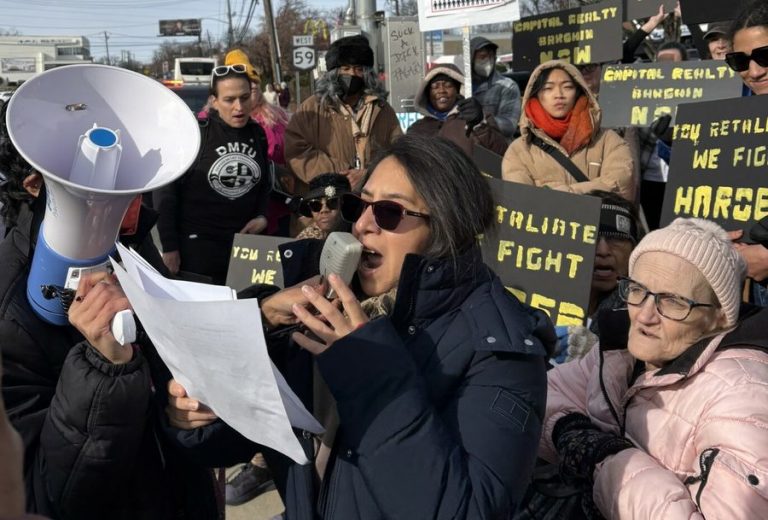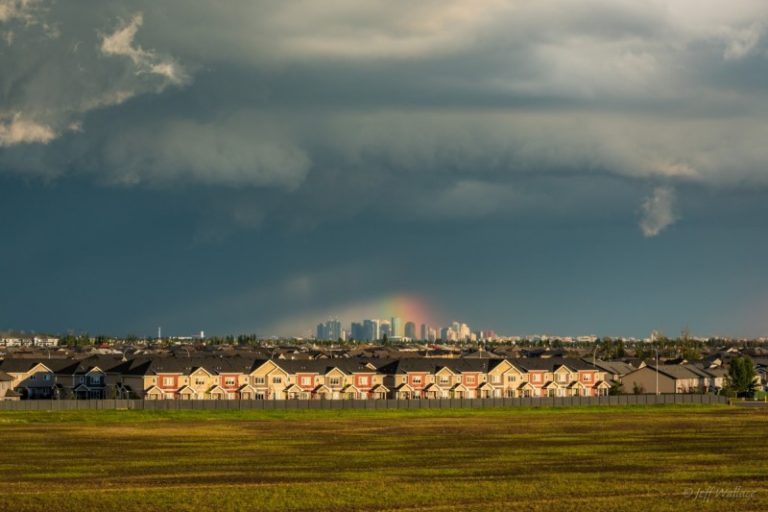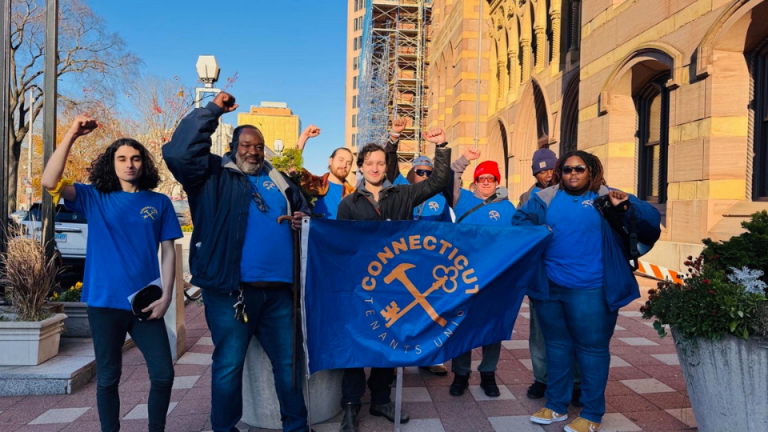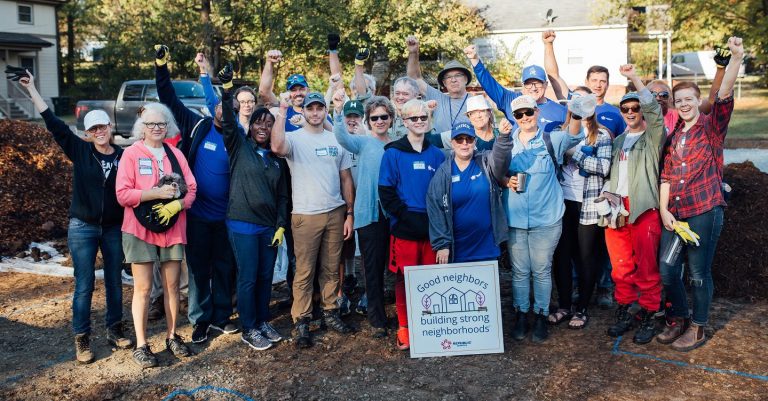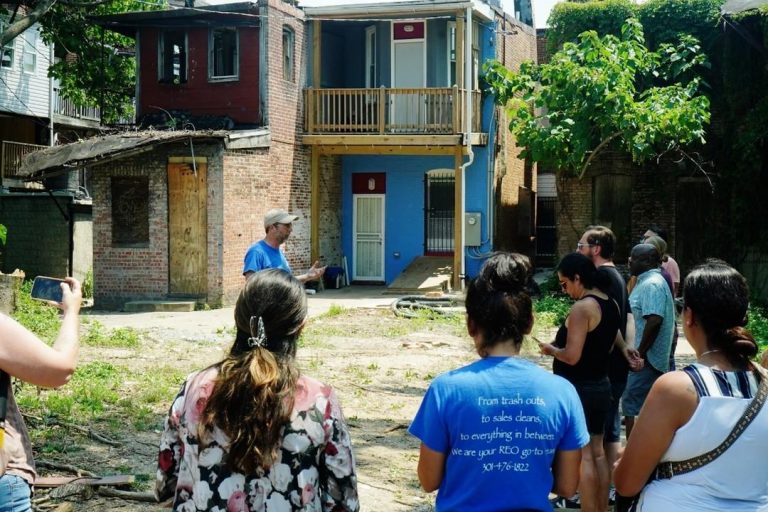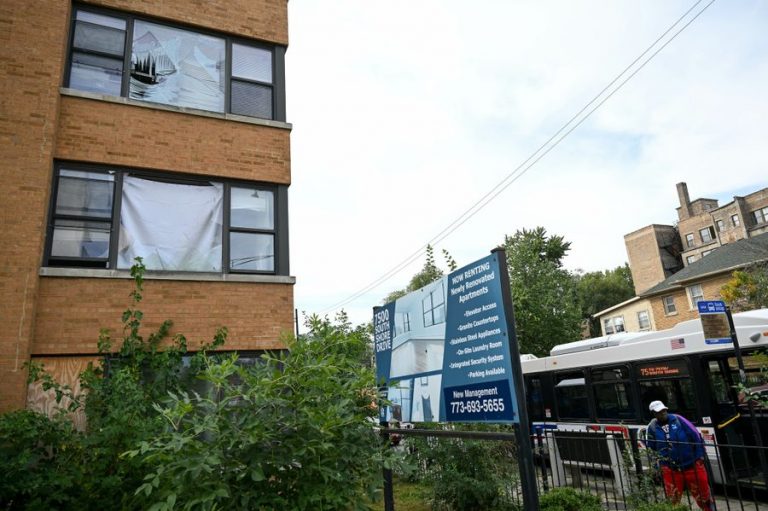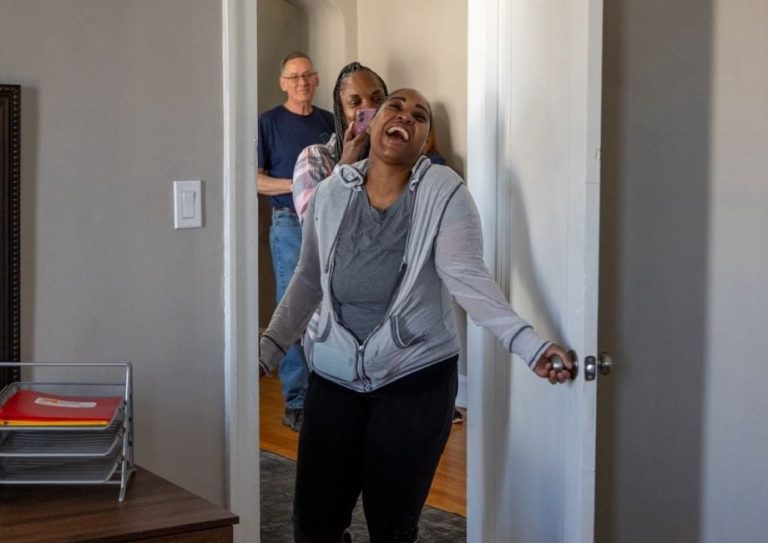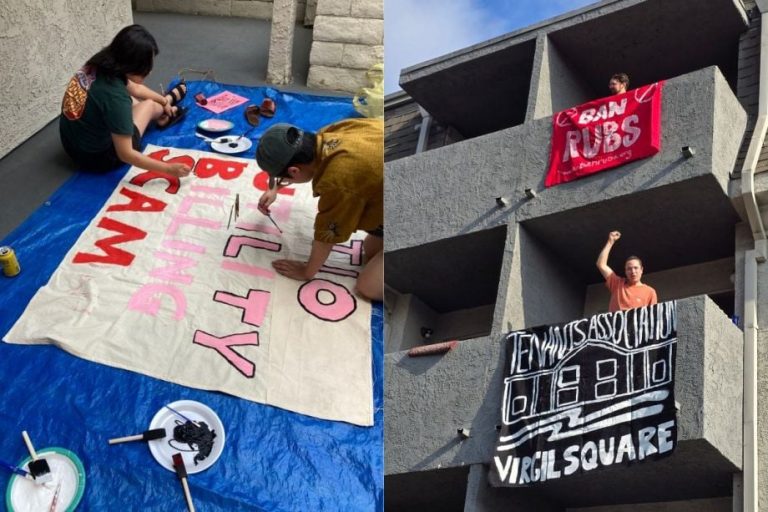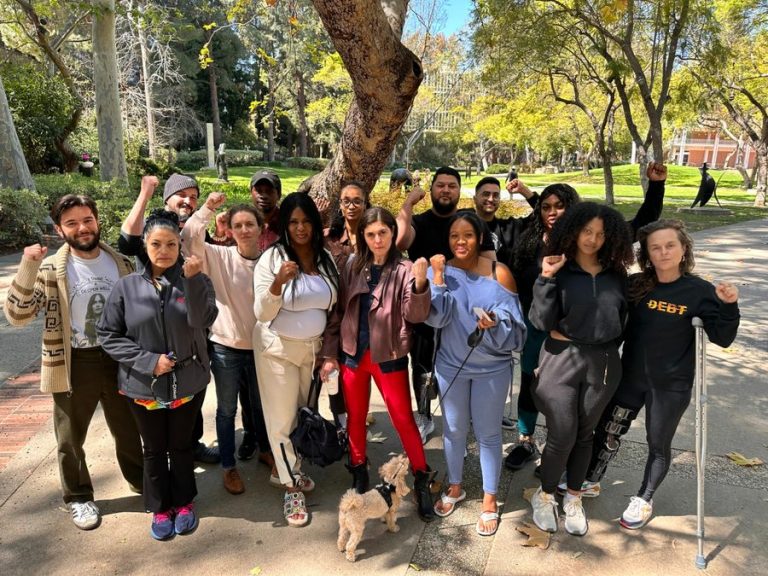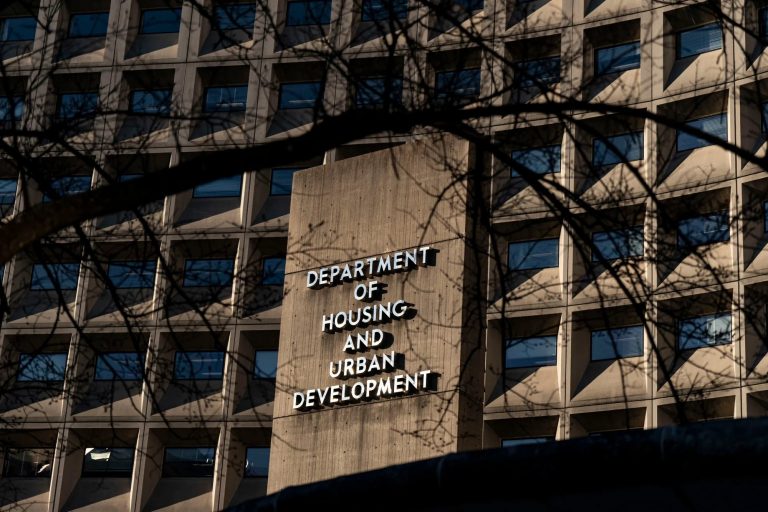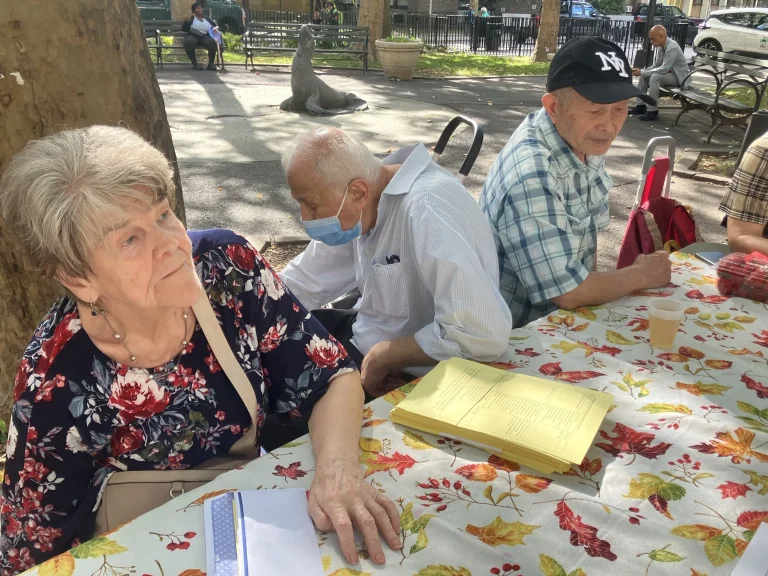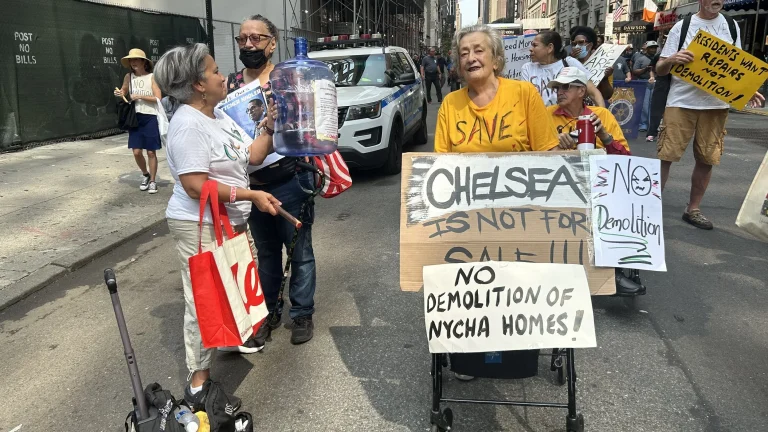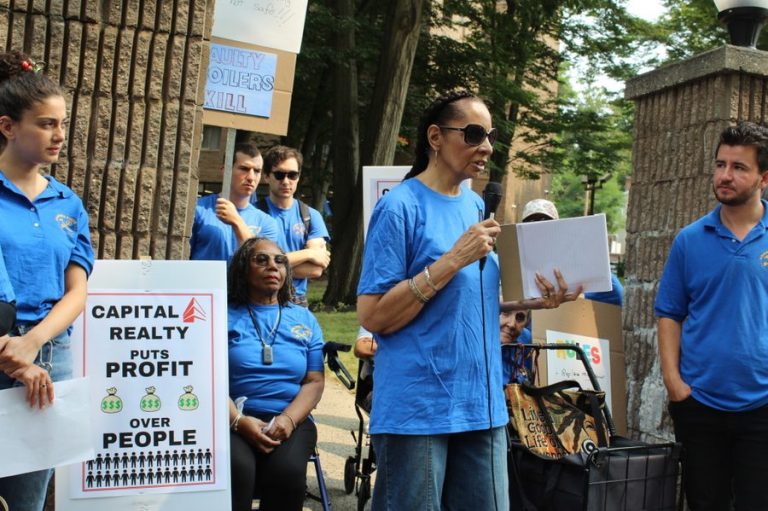Chicago Budget Fight: Corporate Interests Clash With Working-Class
Chicago, IL – Corporate-backed alderpersons pushed through an unbalanced budget to avoid taxing big businesses on Saturday, December 20, but conceded important measures after sustained pressure from working-class Chicagoans.
The final budget package, championed by conservative council members, promises to sell to private debt collectors nearly $100 million debt from water bills, parking tickets and ambulance fees. It also increases liquor and gambling taxes and sells city spaces for advertising. These measures, which have been assessed as fiscally irresponsible by the city’s budget experts, are the last ditch effort by the group of oppositional alderpersons who have fought to avoid instituting a corporate head tax, in which the largest 3% of corporations would pay less than a thousandth of a percent of their profits based on the number of workers they employ.


